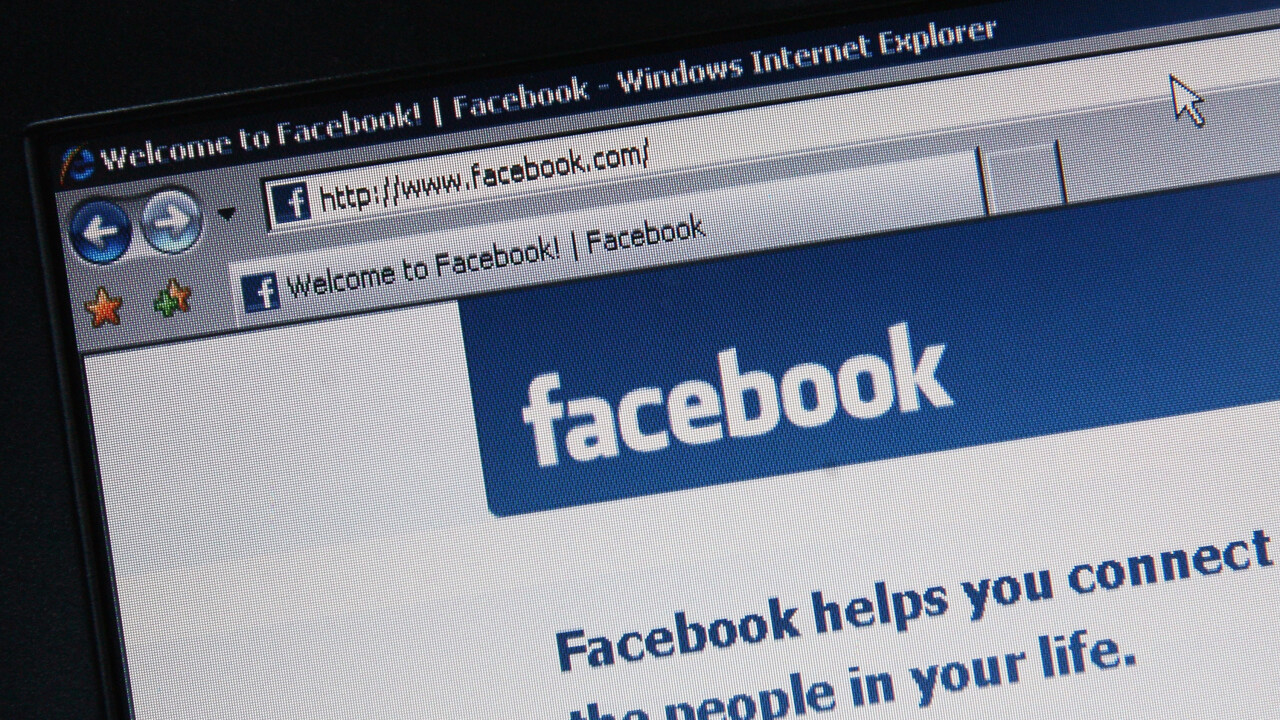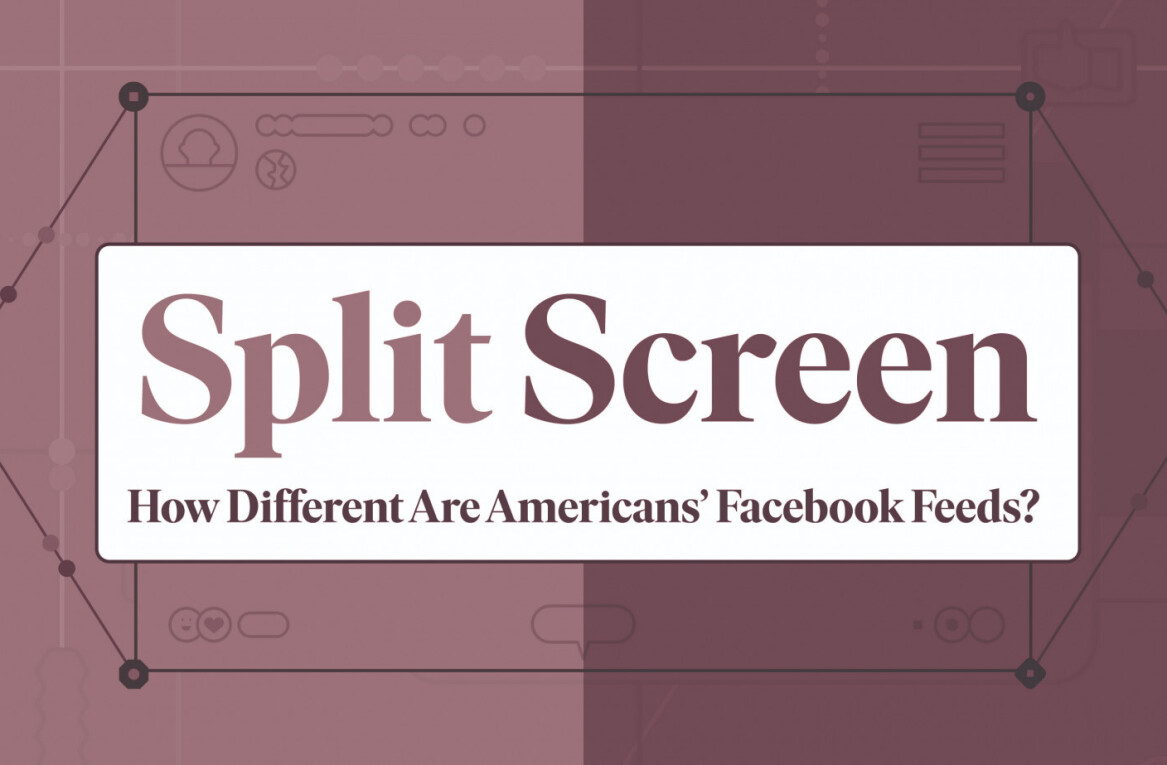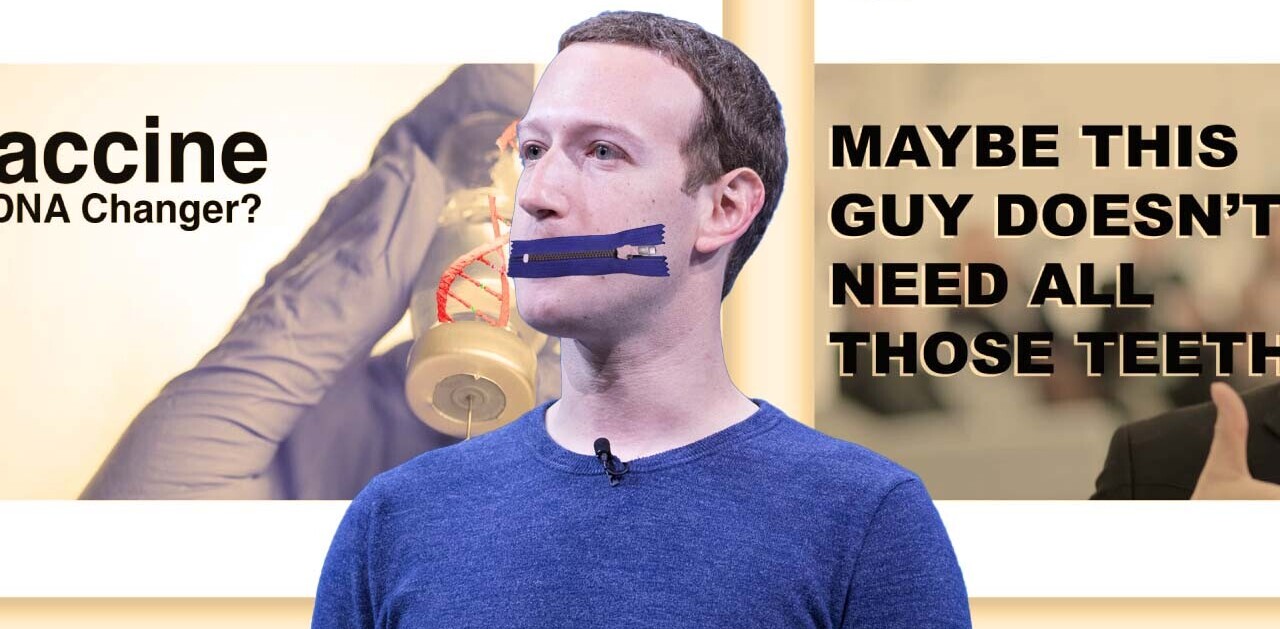
Update: We’ve received a response from Facebook regarding EdgeRank Checker’s study:
When we introduce a new product at Facebook, we focus on getting the user experience right; hashtags are no different. Since they are prone to abuse from, for instance, meme Pages, we’ve been focused on fine tuning the ranking algorithms before we surface them more prominently to people.
Pages should not expect to get increased distribution simply by sticking irrelevant hashtags in their posts. The best thing for Pages (that want increased distribution) to do is focus on posting relevant, high quality-content – hashtags or not. Quality, not hashtags, is what our News Feed algorithms look for so that Pages can increase their reach.
—
Are Facebook hashtags useful in accelerating a company’s post’s viral reach? A recent study by Facebook analytics service EdgeRank Checker states that posts with hashtags do not have as great of reach than those without.
Hashtag support is relatively new for Facebook as it copied this feature from Twitter in June to help users add context and discover shared interests. EdgeRank Checker’s study examined more than 500 Pages in July to see whether hashtags were used. Of those Pages, there were more than 35,000 posts, of which at least 6,000 contained hashtags.
Here’s what the research firm’s assumption was:
If people see an object in the news feed with a hashtag they’re interested in, they will click the hashtag to discover more interesting content related to the particular hashtag. Brands that talk about trending hashtags may receive additional exposure due to other Pages using hashtags because their Page may show up unexpectedly.
Based on the results of its study, hashtags on Facebook posts resulted in less viral reach, specifically that there was a decrease in the amount of engagement per fan and wasn’t affected by the size of the fan base — there’s no correlation that the more fans you have, the greater the positive impact on a brand’s engagement.
➤ You can read EdgeRank Checker’s full study report here.
Photo credit: Dan Kitwood/Getty Images
Get the TNW newsletter
Get the most important tech news in your inbox each week.





